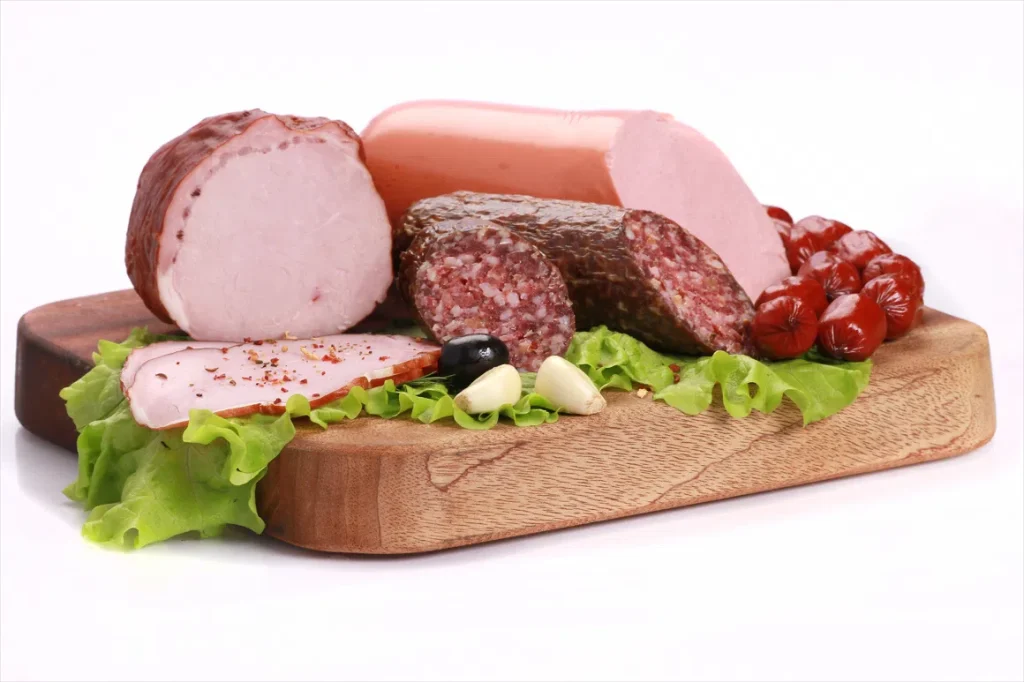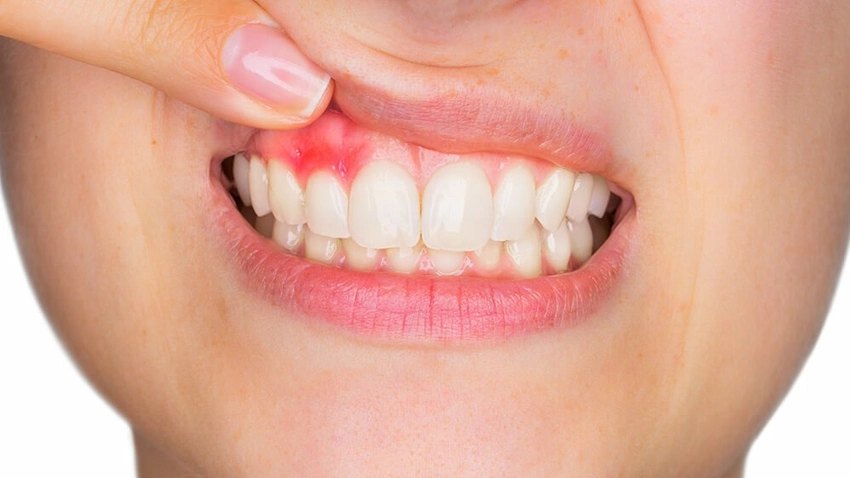🥓 How Acidic Are Processed Meats for Teeth?

In the most common perception, sugar and soda are considered the most harmful to teeth, but the reality is that processed meats are also bad for dental health. The combination of processed meats’ acidity, preservatives, and additives is very unfriendly towards your teeth and gums; it can cause damage over time.
In this post, we’ll cover the topic of processed meats in terms of the reasons they are acidic, what effect they can create on your oral pH, and the possible ways to consume them without the risk of enamel erosion.
🔬 Why Are Processed Meats Acidic?
Usually, it happens that:
- The list of ingredients in processed meats contains many acidic preservatives (like citric acid, lactic acid, or phosphoric acid)
- Curing agents and vinegar-based marinades
- Salt and nitrates, which dry the mouth and reduce saliva flow
All these substances lead to a decrease in pH in your mouth, creating a more fertile environment for bacteria to grow and for enamel to demineralize.
🦷 How Processed Meats Affect Your Teeth

Many processed meats are acidic, salty, and contain preservatives. This is why they can be bad for your teeth. Here are some common processed meats that can negatively impact your dental health due to their acidity, salt content, and preservatives:
- Salami: Generally, it has a great deal of salt, and frequently it is used with acidic additives for its preservation.
- Ham: It is commonly cooked with a sugar and acid mixture, then finally coated with a thin layer of glazing or curing, which is the reason behind the sugar and acid exposure.
- Pepperoni: Dry-cured sausage often made of a combination of beef and pork-known for its nitrates and citric acid, usually in partnership with pizza acidic sauce (citric acid).
- Bacon: Not only is it calorie-dense and salty, but it’s also processed with nitrates and a curing solution.
- Hot dogs: The Flavors of most of them come from sodium-based and phosphate-based ingredients.
- Pastrami: And this type of meat is the same; it is also heavily spiced, as well as being preserved, both of which increase its acidity.
- Sausages: Marinades are important in contributing to low mouth pH, which is why you can eat this meat that is much leaner due to its high vinegar or wine content.
- Lower Saliva Production: The consumption of heavily salted meats contributes to dry mouth and the subsequent depletion of saliva, which is the natural protective mechanism of the oral cavity.
- Increased Acidity: These are the preservatives and the taste of marinades that aggravate the level of acidity.
- Risk of Enamel Erosion: This usually happens when the meal is high in acidic elements, and the consumption is frequent.
- Gum Irritation: Besides decay, there is an imbalance in the cycle of desquamation, with the additional impact of the additives that may be difficult to wash away and that are able to affect the gum tissue more easily without enough water in the mouth or very poor oral hygiene.
🥪 How to Eat Processed Meats Without Damaging Your Teeth
- Eat this food together with a complete meal (for example, you can have vegetables, whole grains, and dairy with them), not by themselves.
- Drink a lot of water to keep your salivary glands active.
- Use some water to clean your mouth after you eat this food to eliminate acids.
- Avoid using processed meats together with acidic condiments such as ketchup or sauces that are vinegar-based.
- If you have the option, select from items low in salt or preservative-free categories.
Final Thoughts from Lema Dental Clinic
Although processed meats are delectable and easy to prepare, their unobserved acidity and the additives code can stealthily ruin your enamel if frequently consumed. By quenching thirst, consuming them with alkaline meals, and practicing regular oral health care, you can have them once in a while without putting your teeth at risk.




